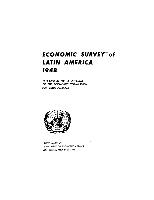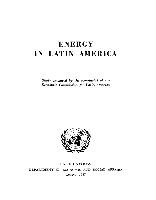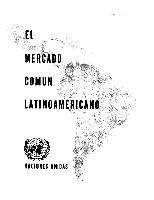- Biblioteca CEPAL
- Biblioguias
- biblioguias_en
- 75 years of ECLAC and ECLAC thinking
- The origins of ECLAC and the 1950s
75 years of ECLAC and ECLAC thinking
The origins of ECLAC and the 1950s: the centre-periphery model and industrialization

Raúl Prebisch at the Fifth Meeting of the ECLAC Committee of the Whole
Santiago, May 14-15, 1956
Credit: ECLAC, United Nations.
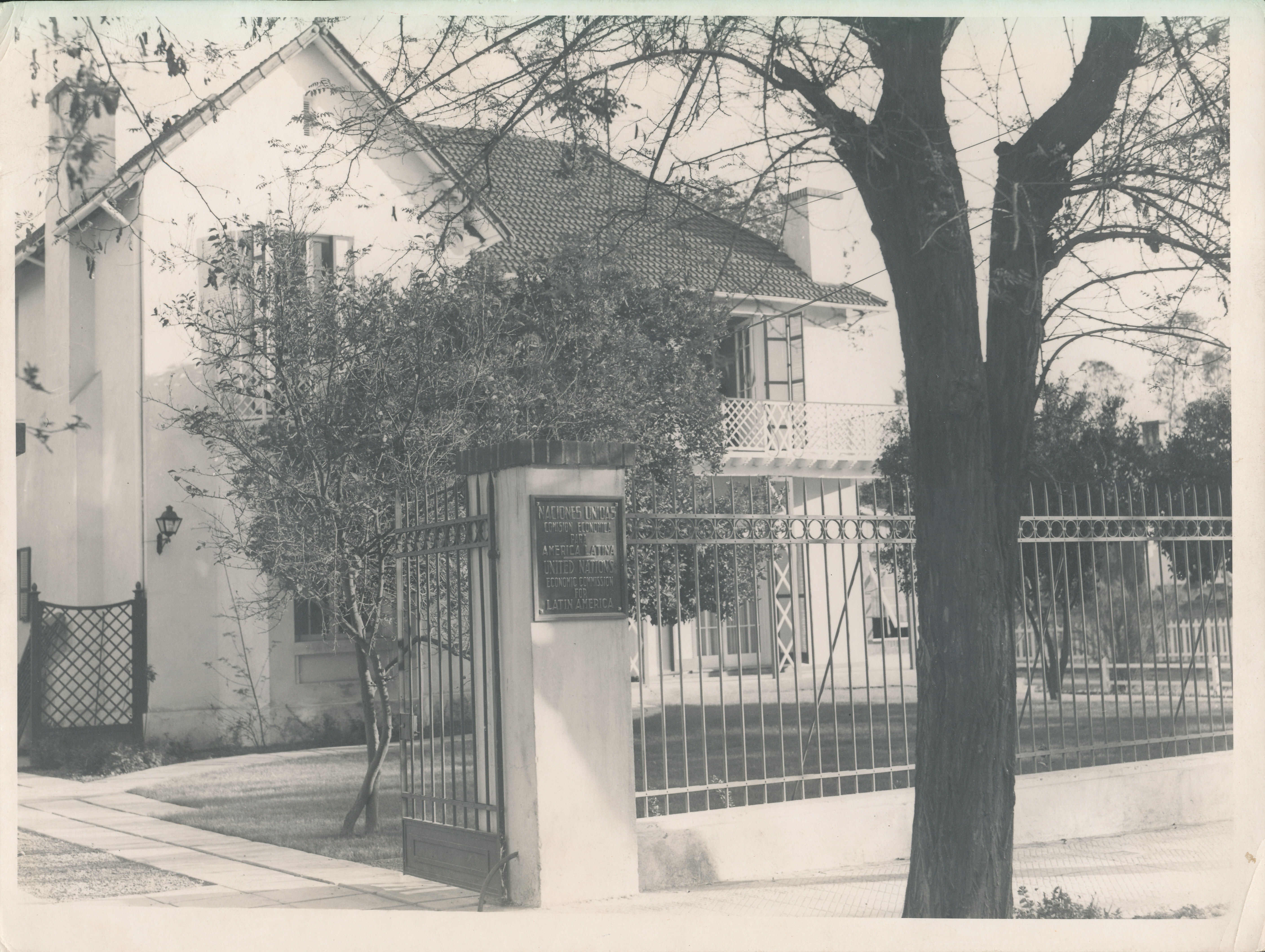
First headquarters of ECLAC
First headquarters of ECLAC located on the street San Pio X, Providencia, Santiago. (ca. 1948)
Credit: ECLAC, United Nations.

Executive Secretaries of ECLA, ECAFE and ECE give press conference at UN headquarters
The Executive Secretaries of the Economic Commissions for Europe (ECE), for Latin America (ECLA), and for Asia and the Far East (ECAFE) giving a joint press conference on the economic situation in their respective regions, at the United Nations Headquarters on 4 June 1952.
From left to right: Dr. Raúl Prebisch, of ECLA; Mr. David Owen, Assistant Secretary-General of the UN for Economic Affairs; Mr. Benjamin Cohen, Assistant Secretary-General for Public Information; Dr. P.S. Lokanathan, of ECAFE; and Dr. Gunnar Myrdal, ECE.
New York, June 4, 1952
Credit: UN Photo/MB
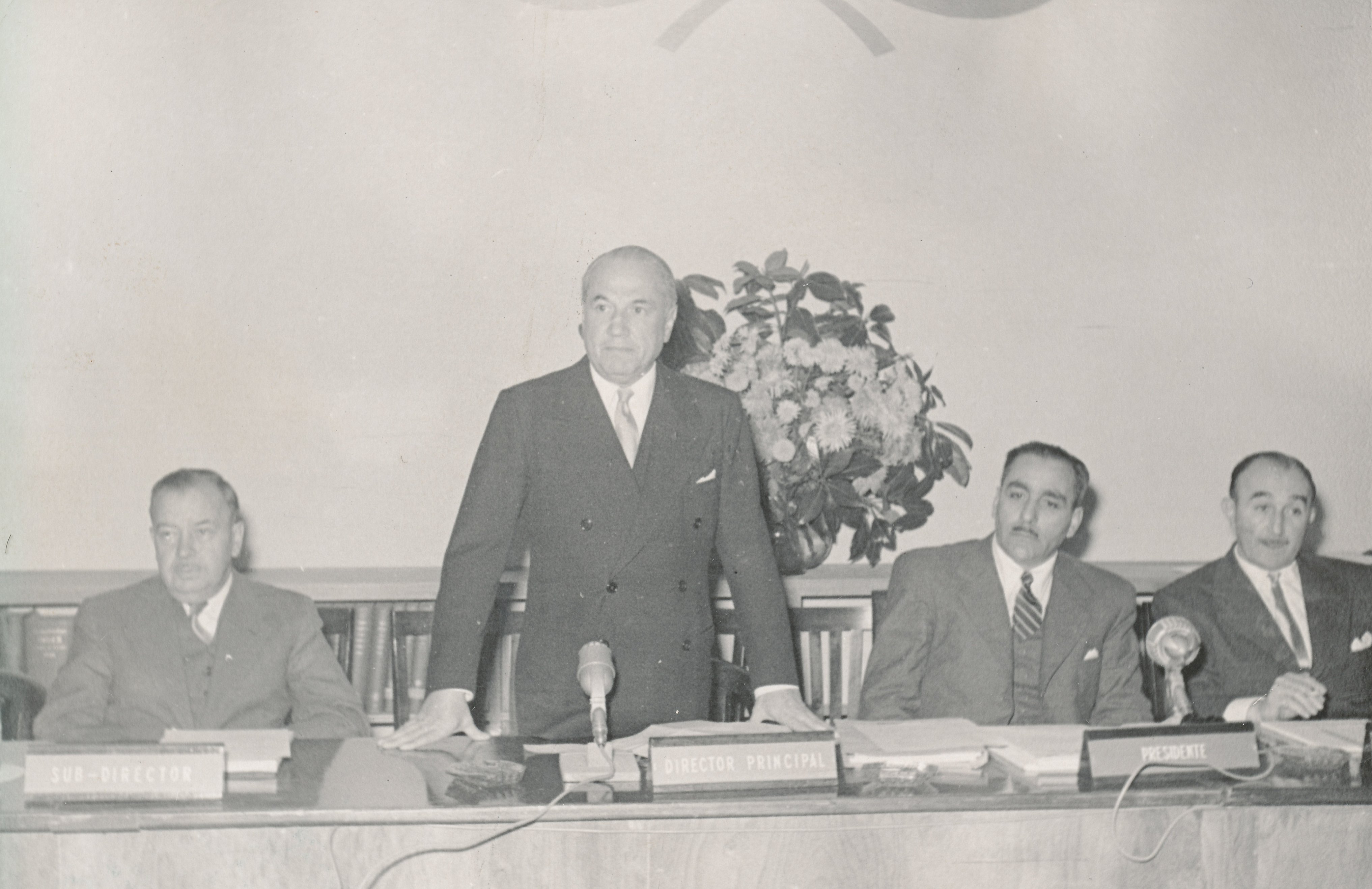
Raúl Prebisch at the Fourth Committee of the Whole of ECLAC
Raúl Prebisch, ECLAC Executive Secretary, at the Fourth Committee of the Whole of ECLAC.
ECLAC Library meeting room.
Santiago of Chile, May 9-10, 1955.
Credit: ECLAC, United Nations.
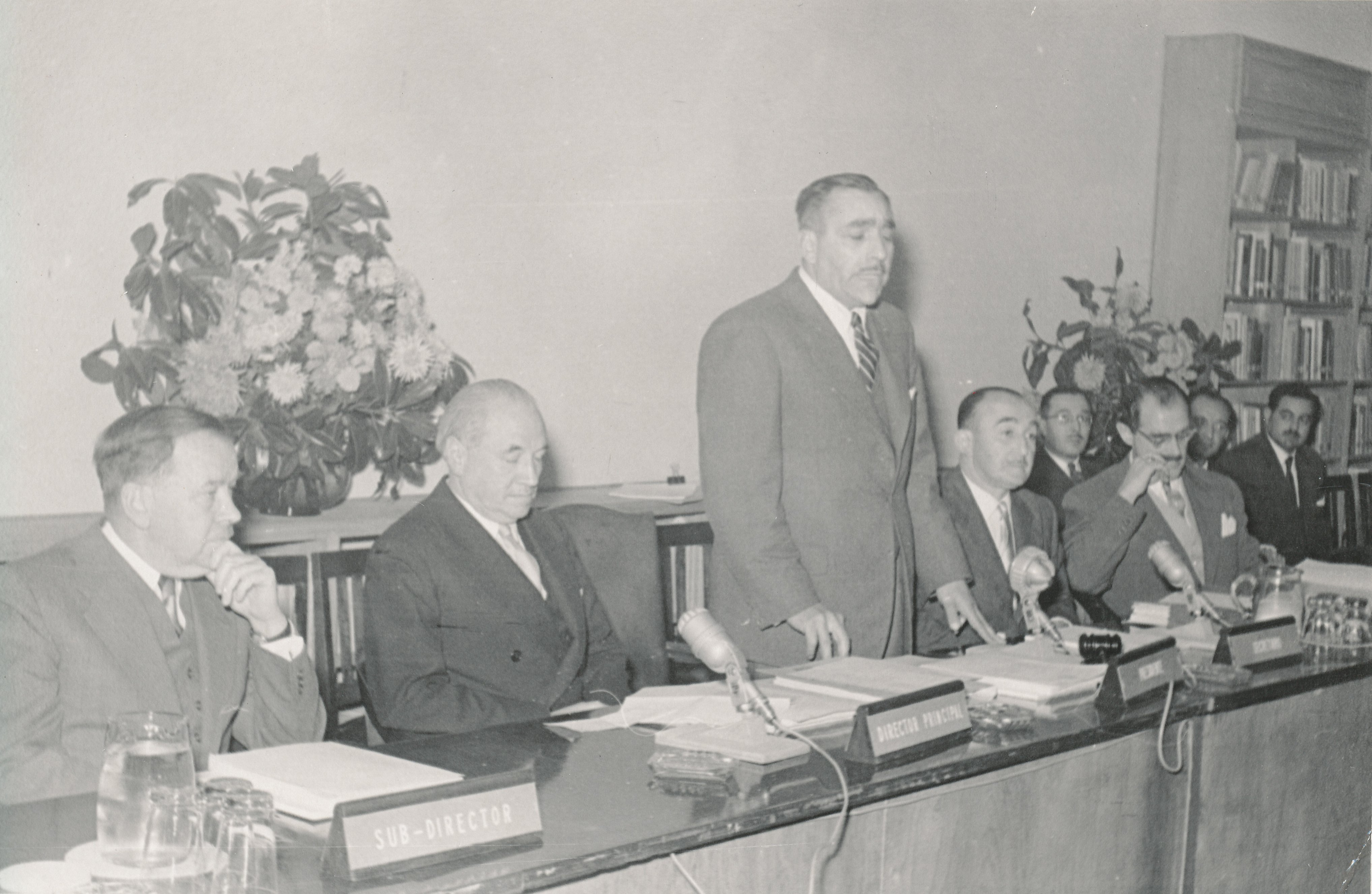
Raúl Prebisch at the Fourth Committee of the Whole of ECLAC
Raúl Prebisch, Executive Secretary of ECLAC, sitting on the front panel (second from the left to the right), at the Fourth Committee of the Whole of ECLAC.
ECLAC meeting room, Santiago de Chile, May 9-10, 1955.
Credit: ECLAC, United Nations.
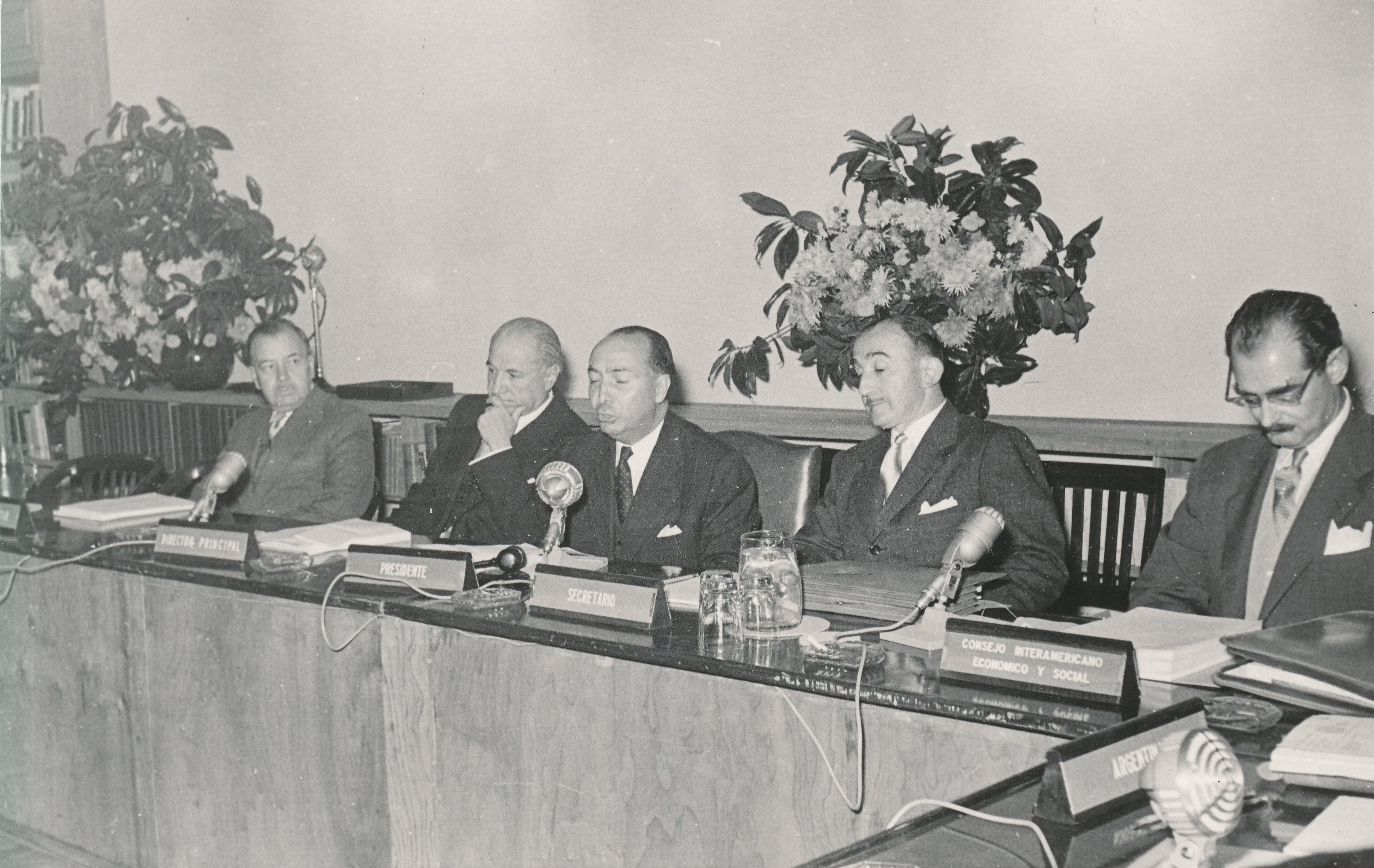
Raúl Prebisch at the Fourth Committee of the Whole of ECLAC
Raúl Prebisch, Executive Secretary of ECLAC, sitting on the front panel (second from the left to the right), at the Fourth Committee of the Whole of ECLAC.
ECLAC meeting room, Santiago de Chile, May 9-10 1955.
Credit: ECLAC, United Nations.

Central American Conference on Industrial Initiatives
A group photograph showing members of delegations. L. to r. are:
(seated) Margaret Wolfzon, World Bank; Rafael Hueso Arias, El Salvador; Victor L. Urquidi, ECLA; Mario Asturias, Guatemala, President of the Conference; Salvador Vilaseca, ECLA; Livio Costa, International Labour Organisation (ILO); Angelo de Tuddo, Food & Agriculture Organisation of the UN (FAO); (standing): one unidentified; Alfonso Sobalvarro and Alberto Fuentes, both Guatemala; Roberto Quinonez Meza, El Salvador; Cristobal Lara, ECLA; Adriano Garcia, Technical Assistance Board (TAB); Edward J. Wygard, UN Technical Assistance Administration (TAA); Rigoberto Navarro, Costa Rica; Eduardo Montiel Arguello, Nicaragua; Mauricio Castadena, Honduras; one unidentified; Gustavo Guerrero, Nicaragua; one unidentified; Antonio Collart Valle, Honduras; Luis Melgar, Guatemala; and the last three unidentified.
Guatemala City, July 17, 1956
Credit: UN Photo
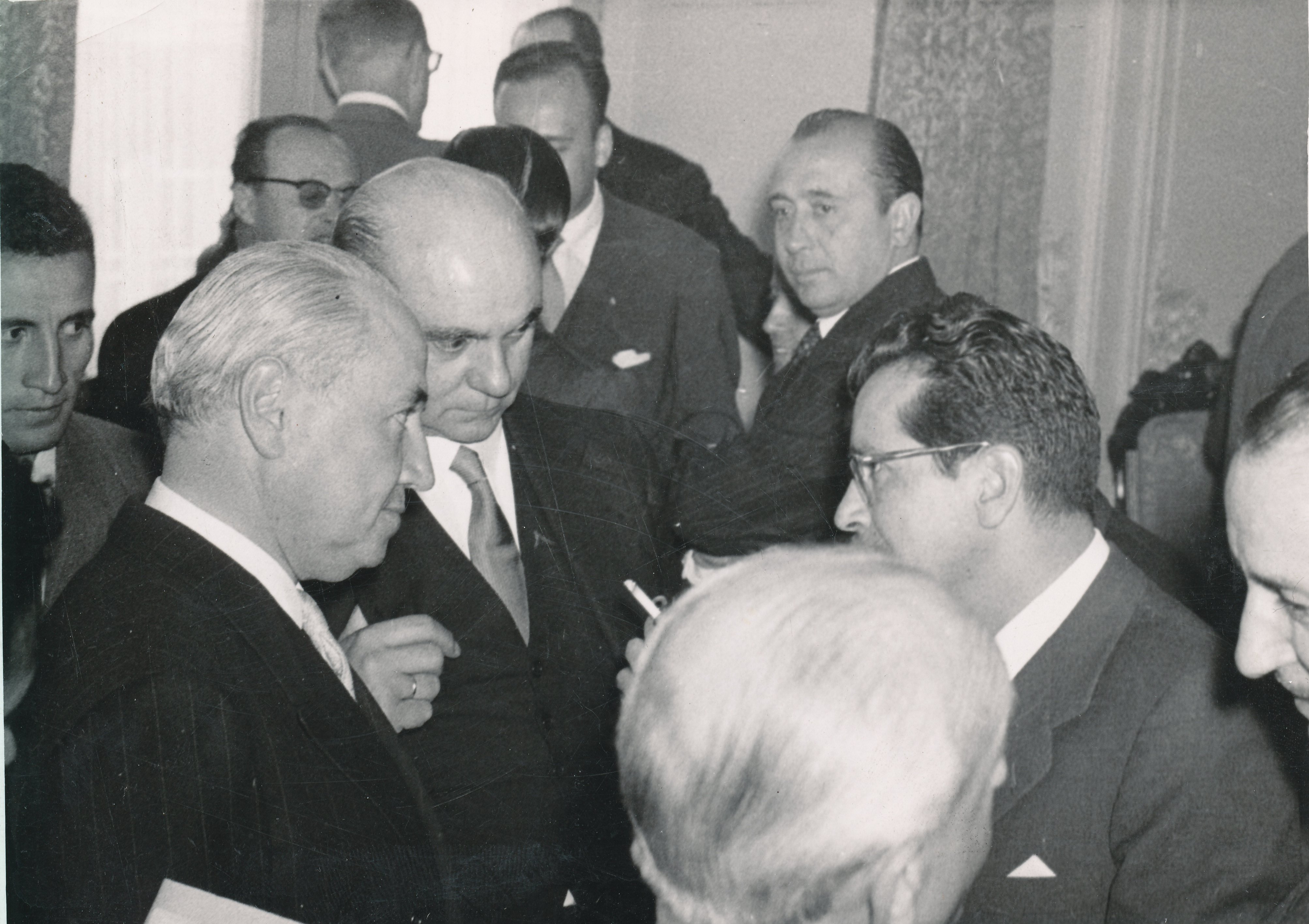
Raúl Prebisch talks with the President of the Republic of Bolivia, Dr. Hernando Siles Zuazo
Among a large number of people, Raúl Prebisch in profile, Executive Secretary of ECLAC talking with Hernán Siles Zuazo, President of the Republic of Bolivia (wearing glasses and smoking). To the left of Prebisch is Mr. Ariosto González from Uruguay. Seventh session of ECLAC.
La Paz, Bolivia, May 15-29, 1957.
Credit: ECLAC, United Nations.

The Commission worked to achieve development in the region by promoting State-led industrialization policies to reduce the gaps between developed and developing countries.
The publication The Economic Development of Latin America and its Principal Problems, written by Raúl Prebisch, laid the groundwork for the Commission’s approach to analysis of and policy implications for the context of the region.
It described the global economy as a bipolar system comprising the centre and the periphery. The countries in the centre were developed, industrialized economies that propagated technical progress; the countries in the periphery, the group into which Latin American economies fell, were underdeveloped, specialized in the production and export of commodities, and had little technological content in their productive structure. Prebisch argued that overcoming underdevelopment (or peripheral status) required the industrialization of Latin America.
This would require, in an initial phase, the deliberate support of the State, followed by a second phase focused on the production of capital goods and the promotion of regional economic and trade integration. (Mercado Común Latinoamericano: conferencia del Dr. Prebisch, celebrada en el Banco Nacional de México. Prebisch, Raúl, 1959)
In 1954, ECLAC presented the document International Cooperation in Latin American Development Policy, with six institutional objectives: tax and agrarian reform, technical cooperation, rapid industrialization, development planning, trade revitalization through the promotion of regional integration, and new approaches to foreign investment.
During this period, ECLAC was at the forefront of Latin American economic thinking and shaped a new vision of development. The Latin American and Caribbean Demographic Centre (CELADE), now Population Division of ECLAC, was founded in the mid-1950s, when the region was becoming aware of the need to collect systematized and periodic population data.
In 1951, the ECLAC subregional headquarters in Mexico was established to act as a coordinating and consultative body for Central American and Caribbean countries.
Raúl Prebisch and the challenges of development of the XXI century

The “Raúl Prebisch and the challenges of the 21st century” project, an initiative developed in 2012 by ECLAC and IDRC, constitutes the main source of information from which this new Prebisch Portal has been updated.
Depency Theory
Selected Text 1948-1960
“Since the 1950s, the debate on the State and the economy has been influenced by the development ideas promoted by ECLAC. Raúl Prebisch, Celso Furtado, Medina Echeverría and Aníbal Pinto are among the intellectuals who pointed out the need for State action in promoting industrial policies aimed at overcoming the dependence and asymmetry of the terms of trade that characterized the economic insertion of Latin America in the world". [Free translation] (Desarrollo e integración en América Latina, CEPAL, 2016, pág. 290)
Featured Documents
-
Report on the First Session (7-25 June 1948)
Call Number: E/840/Rev.1 - E/CN.12/79Publication Date: June 1948 -
-
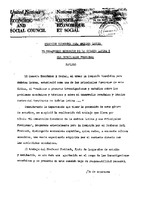 The economic development of Latin America and its principal problems
by
Call Number: E/CN.12/89/Rev.1Publication Date: 27 April 1949
The economic development of Latin America and its principal problems
by
Call Number: E/CN.12/89/Rev.1Publication Date: 27 April 1949 -
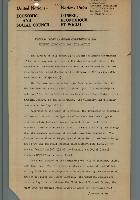 Progress Report to Member Governments of the Economic Commission for Latin America
by
Call Number: E/CN.12/162Publication Date: 10 de enero de 1950
Progress Report to Member Governments of the Economic Commission for Latin America
by
Call Number: E/CN.12/162Publication Date: 10 de enero de 1950 -
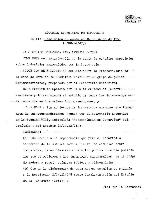 Resolution 10(IV): Special industry studies
Publication Date: 15 June 1951Publicado en: Informe anual (28 mayo-16 junio 1951), pp. 93-94
Resolution 10(IV): Special industry studies
Publication Date: 15 June 1951Publicado en: Informe anual (28 mayo-16 junio 1951), pp. 93-94 -
Establishment of an ECLA Center for Economic Development in Latin America: Resolution approved 16 June 1951
Call Number: E/CN.12/282Publication Date: 16 June 1951CEPAL. Período de Sesiones 4 México 28 mayo-16 junio 1951 -
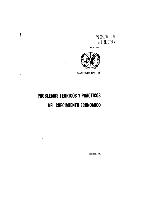 Theoretical and practical problems of economic growth
by
Call Number: E/CN.12/221Publication Date: 1952Período de Sesiones 4 México 28 mayo-16 junio 1951
Theoretical and practical problems of economic growth
by
Call Number: E/CN.12/221Publication Date: 1952Período de Sesiones 4 México 28 mayo-16 junio 1951 -
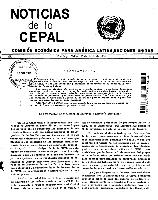 Noticias de la CEPAL Año I N° 1
Publication Date: 20 July 1954
Noticias de la CEPAL Año I N° 1
Publication Date: 20 July 1954
-
Convenio entre el Gobierno de Chile y la Comisión Económica para América Latina de las Naciones Unidas (CEPAL)
Publication Date: 29 de octubre de 1954Suscrito 16 febrero de 1953, publicado en el Diario Oficial -
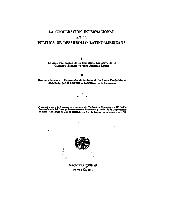 International co-operation in a Latin American development policy
by
Call Number: E/CN.12/359Publication Date: 1954
International co-operation in a Latin American development policy
by
Call Number: E/CN.12/359Publication Date: 1954 -
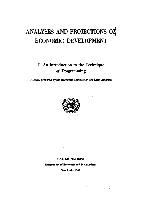 Introduction to the technique of programming
Call Number: E/CN.12/363Publication Date: 1955Serie Análisis y Proyecciones del Desarrollo Económico Vol. 1.
Introduction to the technique of programming
Call Number: E/CN.12/363Publication Date: 1955Serie Análisis y Proyecciones del Desarrollo Económico Vol. 1. -
-
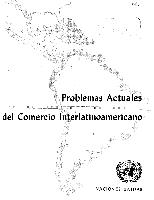 Statement of Dr. Raúl Prebisch, Report of the First Session of the Trade Committee of the Economic Commission for Latin America Santiago, 19-29 November 1956
Call Number: E/CN.12/423Publication Date: 1957In: Inter Latin American trade: current problems
Statement of Dr. Raúl Prebisch, Report of the First Session of the Trade Committee of the Economic Commission for Latin America Santiago, 19-29 November 1956
Call Number: E/CN.12/423Publication Date: 1957In: Inter Latin American trade: current problems -
 Problems of the steel making and transforming industries in Latin America
Call Number: E/CN.12/425Publication Date: March 1957
Problems of the steel making and transforming industries in Latin America
Call Number: E/CN.12/425Publication Date: March 1957 -
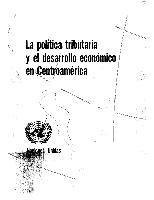 La política tributaria y el desarrollo económico en Centroamérica
by
Call Number: E/CN.12/486Publication Date: Noviembre de 1957
La política tributaria y el desarrollo económico en Centroamérica
by
Call Number: E/CN.12/486Publication Date: Noviembre de 1957 -
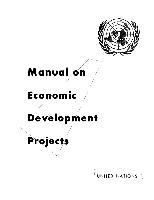 Manual on economic development projects
Call Number: E/CN.12/426/ADD.1/REV.1Publication Date: December 1958Sede Subregional de la CEPAL en México
Manual on economic development projects
Call Number: E/CN.12/426/ADD.1/REV.1Publication Date: December 1958Sede Subregional de la CEPAL en México -

